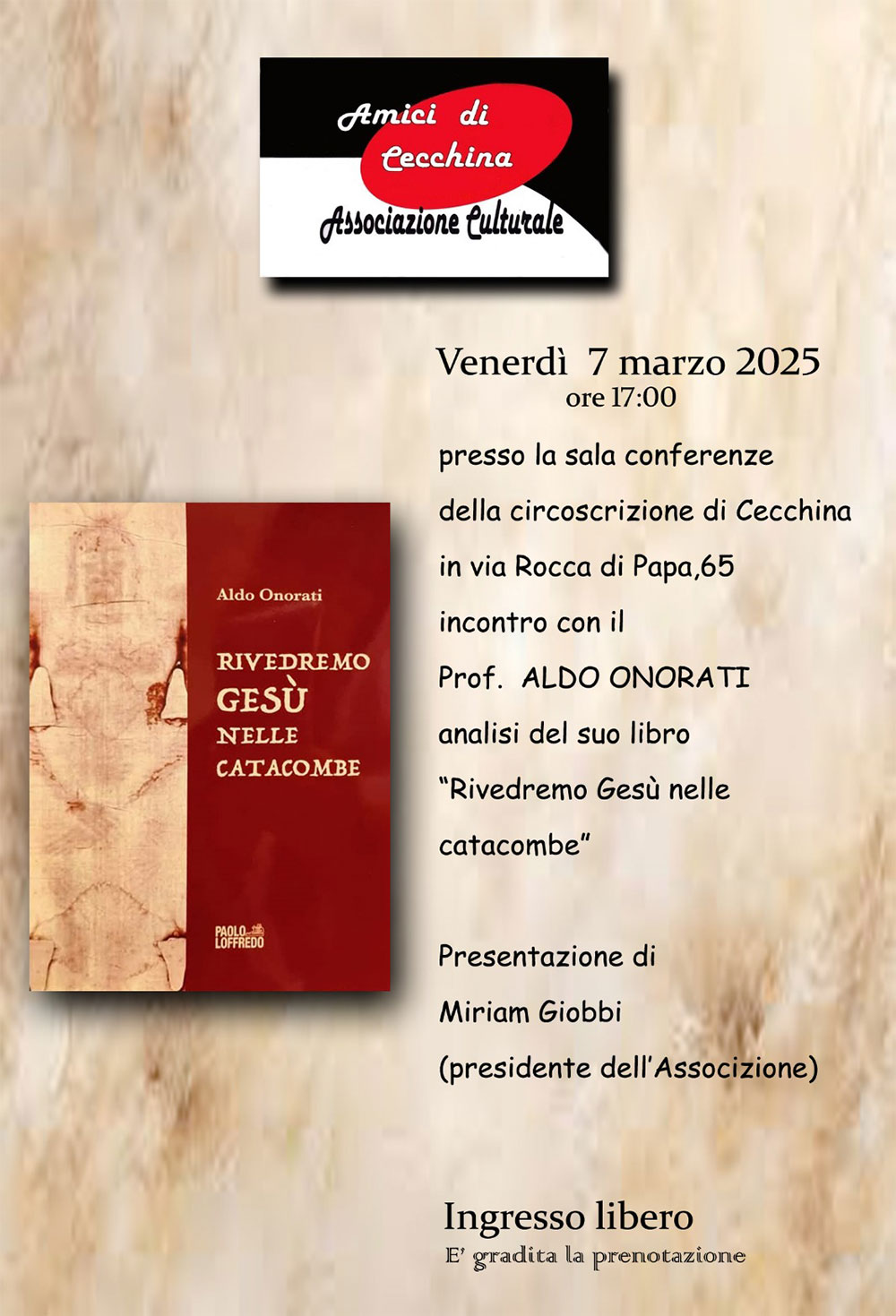 Paolo Loffredo, sixth generation of a large family of publishers and booksellers engaged in the production and distribution of books since the late nineteenth century, creates in 2012 the new editorial company Paolo Loffredo Editore. The historical site was until the '80s in the heart of the historic centre of Naples in Via San Biagio dei Librai, lower Decumano and also known as the SpaccaNapoli.
Paolo Loffredo, sixth generation of a large family of publishers and booksellers engaged in the production and distribution of books since the late nineteenth century, creates in 2012 the new editorial company Paolo Loffredo Editore. The historical site was until the '80s in the heart of the historic centre of Naples in Via San Biagio dei Librai, lower Decumano and also known as the SpaccaNapoli.
At the beginning of the twentieth century, Giuseppe Loffredo decided to add book selling to the book production, which definitively imposed itself after World War II with the publication of manuals for the University and for the School that succeeded in establishing themselves soon throughout Italy.
LAST EVENT
"Rivedremo Gesù nelle catacombe"
07 Marzo 2025 - Sala Conferenze circoscrizione di Cecchina - via Rocca di Papa 65, Albano Laziale (RM) - ore 17,00

Sidonio Apollinare Carmina minora
ISSN: 2611-1411
Language: Latin, Italian
Publisher: Paolo Loffredo Editore Srl

Description
Book preview
Review Carmina Minora
Sidonio Apollinare
Carmina minora
This study proposes the first Italian translation, accompanied by commentary notes, of the entire corpus of the so-called carmina minora by Sidonius Apollinare: a libellus of sixteen epigrams very different from each other in content, tone and extension, united by a lectio curated sometimes in an extreme way and in which topoi, expressions, themes of the Latin cultural tradition come to life, without any distinction of literary genres anymore. But the Sidonian nugae are not just a mere exhibition of refined doctrine, since the link with the present is strong and constant and a thousand windows open for the reader on the daily life of the Gallo-Roman elite of the 5th century: weddings of illustrious scions, rich and sumptuous residences, family celebrations, and also rich libraries, spas of all kinds, lush gardens. Together, we perceive how unbearable the proximity to crude and uncivilized barbarians was; what virtues were most appreciated in women; how rooted the Christian faith was; how strong and profound was the sense of friendship between associates. In the uncertain and precarious daily life of Gaul at the time, Sidonius' poems even indicate survival strategies.



